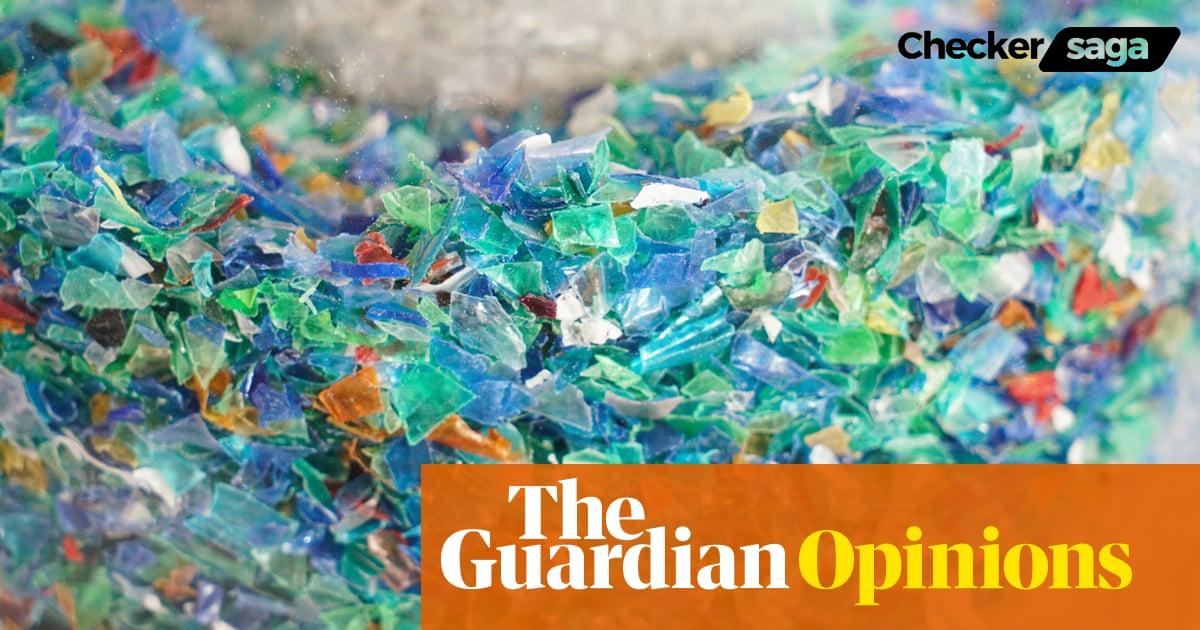A recent study conducted by researchers from Nanjing University has raised alarm bells about the impact of microplastics on both our food supplies and our health. These tiny plastic particles are found almost everywhere – in our oceans, soils, and even in the air we breathe. The latest findings reveal that they are not just a pollution problem, but a health crisis waiting to happen.
The Findings of the Study
The researchers discovered that microplastics significantly affect the growth of essential crops. For instance, they found that the presence of microplastics could reduce photosynthesis in staple crops, like rice and wheat, by about 12%.
- This reduction in photosynthesis can lead to poorer crop yields, which is alarming since a great deal of the world’s population relies on these crops for food.
- Effects of microplastics include not only blocking sunlight but also impairing the absorption of nutrients by plants, disrupting their growth.
Global Food Security at Risk
This study could have major implications for global food security, especially in regions like Asia where many depend on agricultural productivity for their livelihoods. It demonstrates that microplastics are not merely an environmental nuisance but a direct threat to food sources.
- With over 500 million tonnes of plastics produced each year, a large portion of this ends up in our ecosystems, leading to contamination across various life forms.
- Experts are worried that countries might face food shortages if these trends continue, which could lead to increased hunger and unrest.
The Connection to Human Health
Not only is the food supply endangered, but studies are also increasingly linking microplastics to health issues in humans. Recent research has shown a concerning connection between microplastics and conditions such as dementia. Microplastics can enter the body through food ingestion and even inhalation.
- The average person may ingest between 39,000 to 52,000 particles of microplastics yearly, which could rise significantly with inhalation.
- Experts are still determining how this pollution affects bodily functions, but the implications are alarming.
Attempts to Combat Plastic Pollution
Despite the alarming evidence, international efforts to tackle plastic pollution have faced significant roadblocks. Discussions aimed at curbing plastic production faltered in December 2023 due to lobbying and pressure from fossil fuel industries.
- Even with overwhelming support for a UN treaty on plastic pollution, negotiations hit a dead end, creating a breeding ground for further pollution and contamination.
- The potential for a change in U.S. political leadership may complicate future endeavors to combat this pressing issue.
What You Can Do
It is essential for individuals to take action to mitigate their own exposure to microplastics. Experts suggest you can help by reducing the use of plastic containers and packaging, choosing fresh over processed foods, and advocating for policies aimed at reducing plastic production.
- Utilizing non-plastic alternatives, such as glass or stainless steel, not only helps lessen the amount of microplastics in your diet but also benefits the environment.
- Staying informed about food sources and supporting brands that prioritize sustainability can make a significant difference.
Looking Ahead: The Need for More Research
While the findings are concerning, it’s clear that more research is needed to fully understand the long-term health implications of microplastic exposure. Scientists are calling for a concerted effort to study these particles further and to develop effective solutions to safeguard our health and food supply.
In light of these revelations, it is now more important than ever to promote awareness about microplastics and their potentially devastating effects on our planet and our health.
























